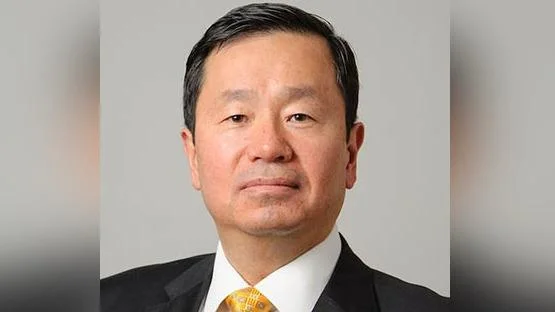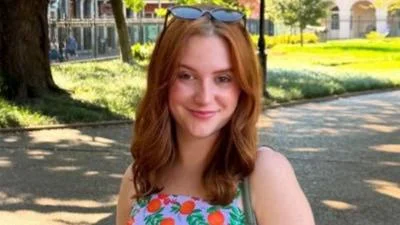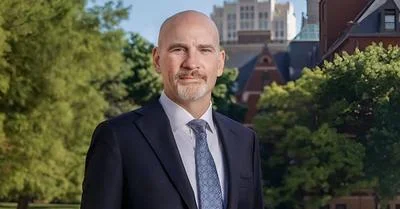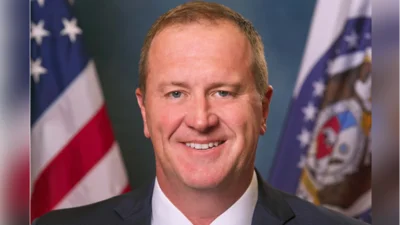Mun Y. Choi, PhD, President | University of Missouri
Mun Y. Choi, PhD, President | University of Missouri
The use of psychedelics in addressing mental health issues has gained attention recently. Notable figures such as Prince Harry have shared their experiences with substances like psilocybin, known as magic mushrooms, to cope with personal challenges. Celebrities including Kristen Bell, Mike Tyson, and Seth Rogen have also discussed their use of psychedelics for well-being. In 2023, "Last Week Tonight with John Oliver" highlighted the potential benefits of psychedelic-assisted therapy for veterans dealing with post-traumatic stress disorder (PTSD).
Dani Adams, an assistant professor at the University of Missouri College of Health Sciences, is researching how psychedelic-assisted therapy might aid those suffering from various mental health conditions such as anxiety, depression, grief, substance use disorders, and PTSD.
Adams explains that psychedelics alter consciousness by affecting perception and mood. Substances like psilocybin are believed to impact neuroplasticity—changes in the brain that allow individuals to break free from rigid thought patterns. MDMA may reduce activity in the amygdala, helping users face trauma more easily. LSD could assist individuals in gaining a new perspective on their emotions and problems.
Patients undergoing psychedelic-assisted therapy often report feeling deeply connected to something larger than themselves. Research suggests that a strong spiritual or mystical experience during these therapies correlates with improved mental health outcomes. Trials involving psilocybin and MDMA show promise in treating resistant forms of depression and PTSD. A 2022 clinical trial revealed that 71% of participants no longer met PTSD criteria after two months of MDMA-assisted treatment.
A typical session involves preparation meetings followed by a dosing session under supervision for up to eight hours. Afterward, an integration phase helps patients apply insights gained during therapy to foster long-term mental health improvements.
Psychedelic-assisted therapy is not legal nationwide; however, Oregon legalized psilocybin-assisted therapy in 2020, followed by Colorado in 2022 and New Mexico in 2025. The FDA has yet to approve MDMA officially but plans to decide on psilocybin's status next year.
Missouri legislators have introduced bills aiming to make psilocybin-assisted therapy accessible for veterans involved in research studies targeting depression and trauma.
Mizzou is actively advancing this field through initiatives like joining the University Psychedelic Education Program and establishing the Collaborative for Missouri Psychedelic-Assisted Therapy group.
The conversation around psychedelic research has evolved significantly since Michael Pollan's 2018 book "How to Change Your Mind." Historical setbacks include Timothy Leary's controversial work at Harvard University during the 1960s and subsequent regulatory crackdowns led by President Nixon's administration.
Interest continues to grow rapidly; attendance at conferences like the Psychedelic Sciences Conference demonstrates increasing engagement within this area of study.





 Alerts Sign-up
Alerts Sign-up